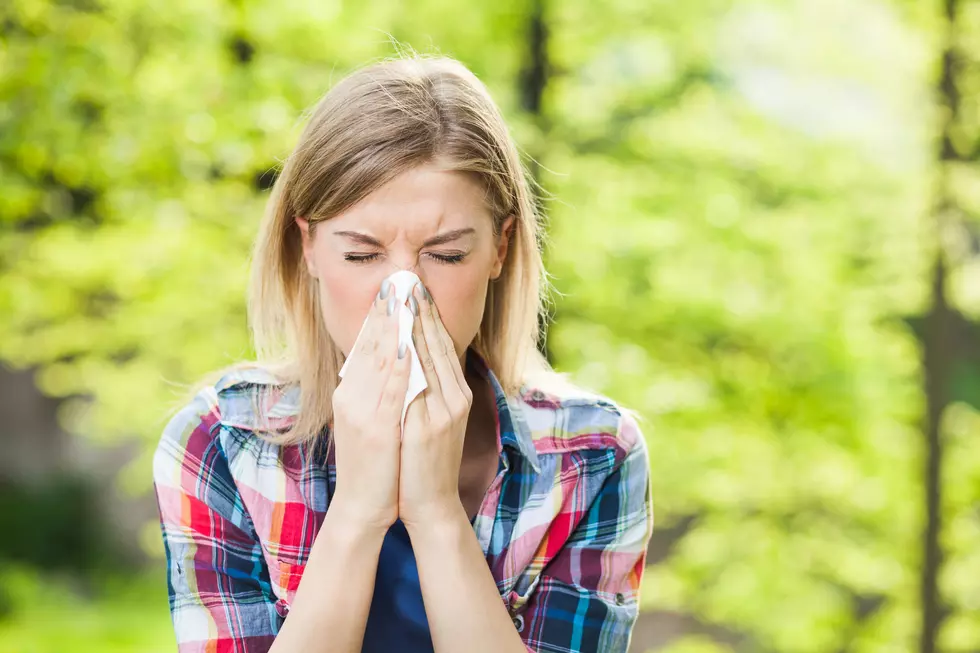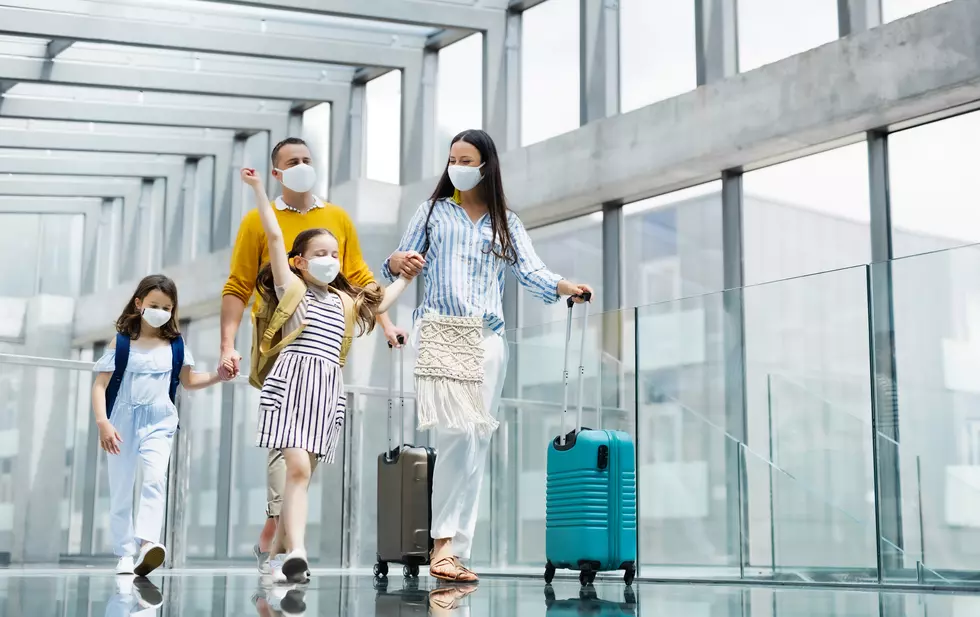
Is It Coronavirus or Allergies? How to Tell the Difference
It's easy to understand in the current global reality that is Coronavirus (COVID-19) why every cough, sneeze, and sniffle is viewed with an intense level of scrutiny.
But if you suffer from seasonal allergies, you may be getting more than your fair share of dirty looks in public these days with your runny nose and puffy eyes raising the collective blood pressure of everyone with 100 feet of you.
So how do you know if you're a COVID-19 carrier or just fighting with your annual battle with pollen and ragweed?
BestLife talked to a pair of doctors to get some definitive answers.
Lisa Ballehr, DO, an osteopathic physician and certified practitioner for the Institute for Functional Medicine, says one easy way to know the difference is to follow your nose.
She says you're unlikely to have many nasal issues with Coronavirus. Although loss of smell is one thing that could be an early warning sign for COVID-19.
Meanwhile, Subinoy Das, MD, chief medical officer of Tivic Health and CEO of the U.S. Institute for Advanced Sinus Care and Research, says that many of the Coronavirus symptoms, like fevers, shortness of breath, diarrhea, vomiting, and nausea aren't usually associated with allergies.
Despite the differences in the two conditions, both doctors still recommend social distancing because of the number of asymptomatic COVID-19 carriers. An allergy-related sneeze from one of those individuals could unknowingly increase the risk of spread.
More From KXRB









